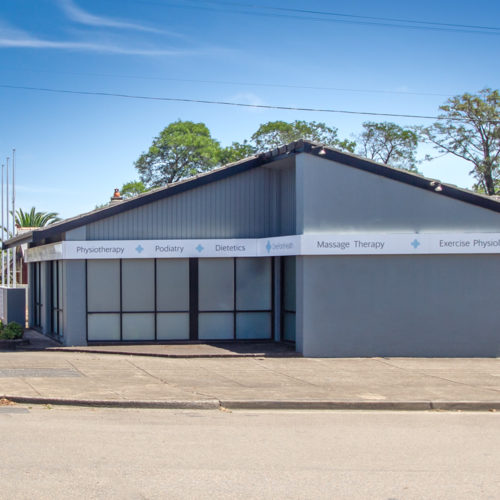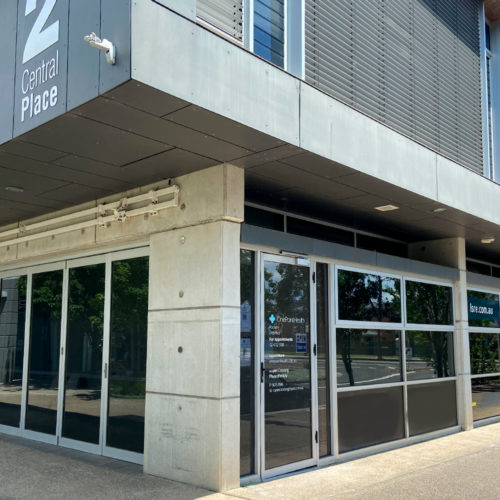What is Femoroacetabular Impingement Syndrome (FAI)?
Femoroacetabular impingement syndrome or FAI is when extra bone grows on either the ball or socket that makes the hip joint. This gives the joint an uneven surface causing abnormal rubbing in the joint socket between the boney surfaces with certain movements of the hip.
Signs and symptoms of FAI
Signs and symptoms can include:
- Pain that feels deep in the hip joint, through the front of the groin
- Restricted range especially rotation
- Generalised stiffness of the hip
- Clicking, catching or locking sensation
- Groin pain
- Activities that can aggravate hip pain include prolonged sitting, walking, running and crossing your legs, and kicking sports
What causes FAI?
It is likely that FAI syndrome is the result of a combination of an individual’s genetics and environment. FAI may be present in early childhood where the baby is born with a structurally misshapen ball and socket joint. Other causes related to the more athletic population. The basic problem is that because the joint surfaces aren’t nice and smooth they bump up against each other and cause pinching instead of the ball and socket moving smoothly inside the hip socket.
Conservative treatment
- Change in habits: Avoiding positions that will cause the pinching such as crossing your legs, repetitive squatting and sitting in low chairs.
- Strengthening: Although in FAI there is an internal joint issue causing your pain strengthening the hip muscle can help offload the joint as much as possible. Improving strength, muscular control and range of movement in the help is important as weakness and tightness often will occur as secondary effects of having pain.
- Manual therapy: Hip joint mobilisations by the physiotherapist can be effective in providing short term pain relief
Surgery
If conservative treatment does fail surgery may be recommended to improve the hip structure and repair any tissue that has been damaged. Your physiotherapist will still be important in your post-operative rehab to assist you into returning to full function. The long-term outlook for people with FAI is currently not known, as well as whether treatment for FAI can prevent later development of hip osteoarthritis, so having continued communication with a physiotherapist is important.








